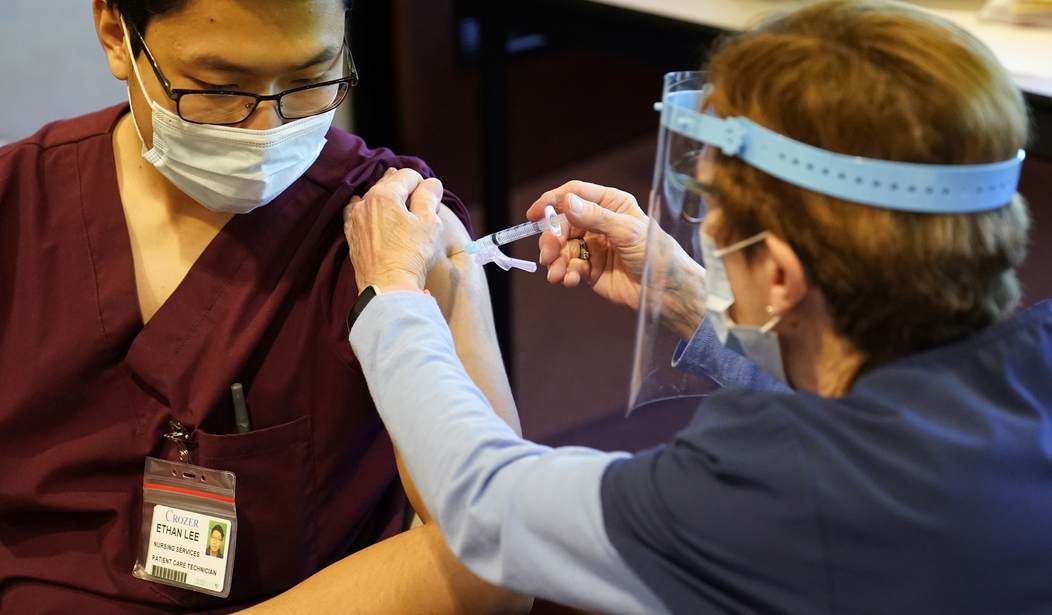It’s possible that by the end of this year, the world will be divided into two camps: those who have gotten the required doses of the COVID-19 vaccine and those who haven’t. For those who have been vaccinated, life will pretty much have returned to normal, although there’s talk in government circles of maintaining mask mandates and social distancing policies.
Those who haven’t been vaccinated will be denied entry to all kinds of events, many countries, and possibly even employment at some companies. Those who’ve had their shots will receive a “green passport” that will allow them freedoms that those who haven’t been vaccinated will not have.
Is this ethical? Governments in rich countries that are well on their way to developing herd immunity don’t appear to be too bothered by the questions about whether a vaccine passport is right or just.
But for those who can’t or won’t be vaccinated, the dilemma will be real.
As those countries begin vaccinations, wealthier nations are starting to talk about “green passport” logistics, security, privacy and policy.
The British government said it is studying the possibility of issuing some kind of “COVID status certification” that could be used by employers and organizers of large events as it prepares to ease lockdown restrictions this year.
Prime Minister Boris Johnson said the policy could cause problems.
“We can’t be discriminatory against people who, for whatever reason, can’t have the vaccine,” he said.
“There’s a huge moral crisis in equity globally because, in high-income countries like Israel or the United States or the EU countries, we’re likely to get to herd immunity by the end of this year,” Johnson said. “But for many low-income countries, most people won’t be vaccinated for many years. Do we really want to give priority to people who already have so many privileges?”
So poor people should get vaccinated first because they’re poor and people getting the vaccine are “rich”? The problem for poor countries is that they have no distribution system in place that could quickly and efficiently vaccinate millions of people. Should we slow down vaccinating the planet because some governments are corrupt and incompetent?
Most countries don’t have enough vaccine, highlighting the fraught ethical landscape of who can get it and how to lift the burden of COVID-19.
“The core human rights principle is equity and nondiscrimination,” said Lawrence Gostin, a Georgetown University professor and director of the World Health Organization Collaborating Center on National and Global Health Law.
If someone doesn’t want to be vaccinated, they shouldn’t lose a job or be denied employment because of their choice. Some people object to vaccinations on religious or moral grounds. Others can’t be vaccinated because of a medical condition. Others don’t want to be bothered.
While denying employment to the non-vaccinated should be illegal, what about entry to a bar or a ballgame? We will never get everyone vaccinated, which raises the specter of a two-tiered society with unequal rights and privileges.
We should prefer to take the chance that some people will choose to expose themselves to possible illness by not getting vaccinated while others choose to protect themselves. That’s freedom of choice and it has worked pretty well for the last 230 years.










Join the conversation as a VIP Member